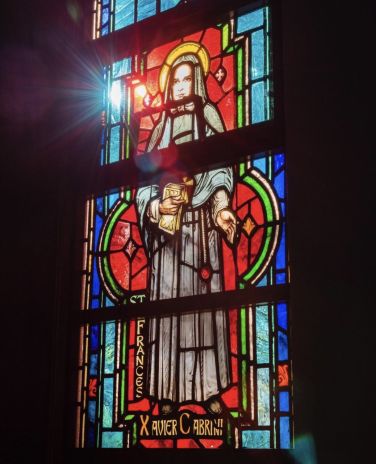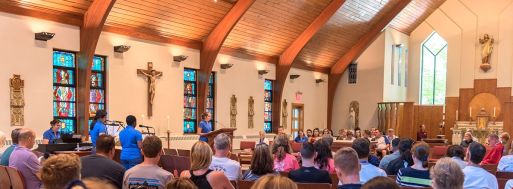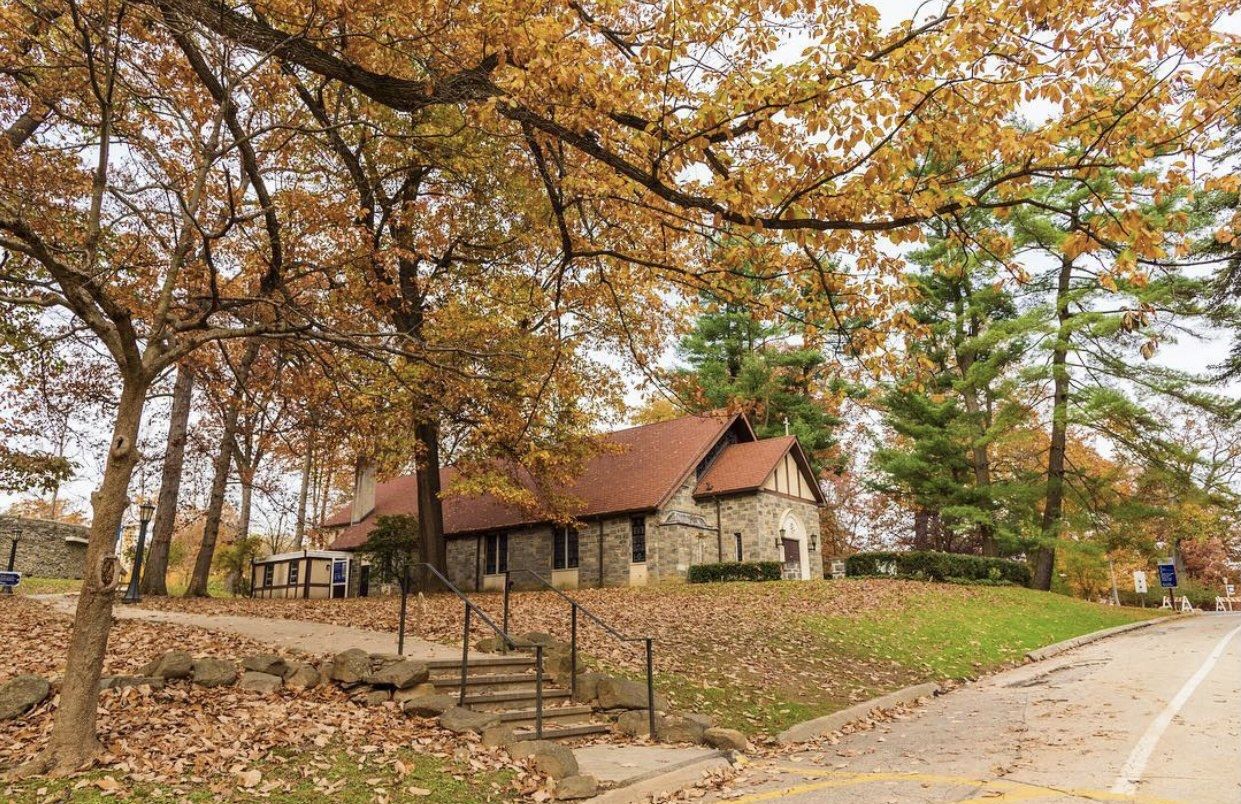The decision of which school to attend is one of the most important and difficult decisions in a young person’s life. So many factors play a role in making the best choice: cost, location, programs and athletics. In the same way that all of those areas can be beneficial to a student’s college experience, the decision to attend a religious college can be beneficial, too.
Whether or not a student attended a Catholic or Christian high school, a religious college can be inviting to students. Cabrini looked like a nice fit for student Katlynn Razler, who grew up in a Catholic family and attended Catholic schools throughout her youth.
“My Catholic schools in general were very small,” Razler said. “My grade school I graduated with less than 20 kids and my high

school was under 200. I just liked the small classroom feel and most of the schools that are like that are smaller private and Catholic colleges.”
A religious school offers the freedom of being exposed to different worldviews that public institutions don’t always have, not just religious worldviews but views on hot topics seen in today’s society. Guilherme Lopes, Director of Campus Ministry, sees religious schools as a safe space for dialogue.
“This provides a space where we can have conversation and dialogue on hot church issues about the LGBTQ community, about abortion, about the Democrats and Republicans and about Black Lives Matter,” Lopes said. “I think all of those things, you can have conversations like that on a campus that has some form of religious backing to it.”
Lopes believes there is a level of compassion that allows for these discussions and for learning. He says that a religious institution can spark healthy debates.
Being at a religious school can open doors to things students haven’t experienced before. For students looking for something different, a religious school offers unique qualities. Razler said that Cabrini gave her a new perspective on things that she hadn’t had before college.
“Coming here I did not want to take another Roman Catholic course because I did that for 12 years,” Razler said. “I wanted something new, so I’m taking world religions right now, so it’s exposing me to other kinds of religions.”
As a Catholic institution, Cabrini focuses on the education of the heart. The hope is that each student will graduate and go into the world as a better and more caring person.
“I think at the end of the day we have to remember that college and higher education is a business, you have to pay to come here. But how you’re treated here varies by different institutions,” Lopes said. “I think the Catholic piece and how people are treated from the staff and faculty side translates to the students.”
At religious schools, students can be cared for more than their public counterparts. This helps to prepare them for challenges they may encounter post-college. One of Cabrini’s own religion instructors, David Muruta, believes that one of the advantages of attending a Catholic school like Cabrini is that it prepares students for the future.
“Whether the student becomes a doctor, a lawyer, a social worker, a teacher or in any other occupation, I believe that having discernment of their life makes that student stronger when faced with difficulties of life,” Murata said.

While a religious institution might not be on the radar of an incoming freshman, the benefits are plentiful.
“That level of dedication to excellence translates over to the classroom, to academics, to sports because the people who are here want to be here, we want the students to be here, and there’s a mutual interest in their success,” Lopes said.
Religious colleges have diverse levels of commitment to their students. Students and instructors alike hope that this commitment to achievement spreads throughout a religious college campus.




Great article!